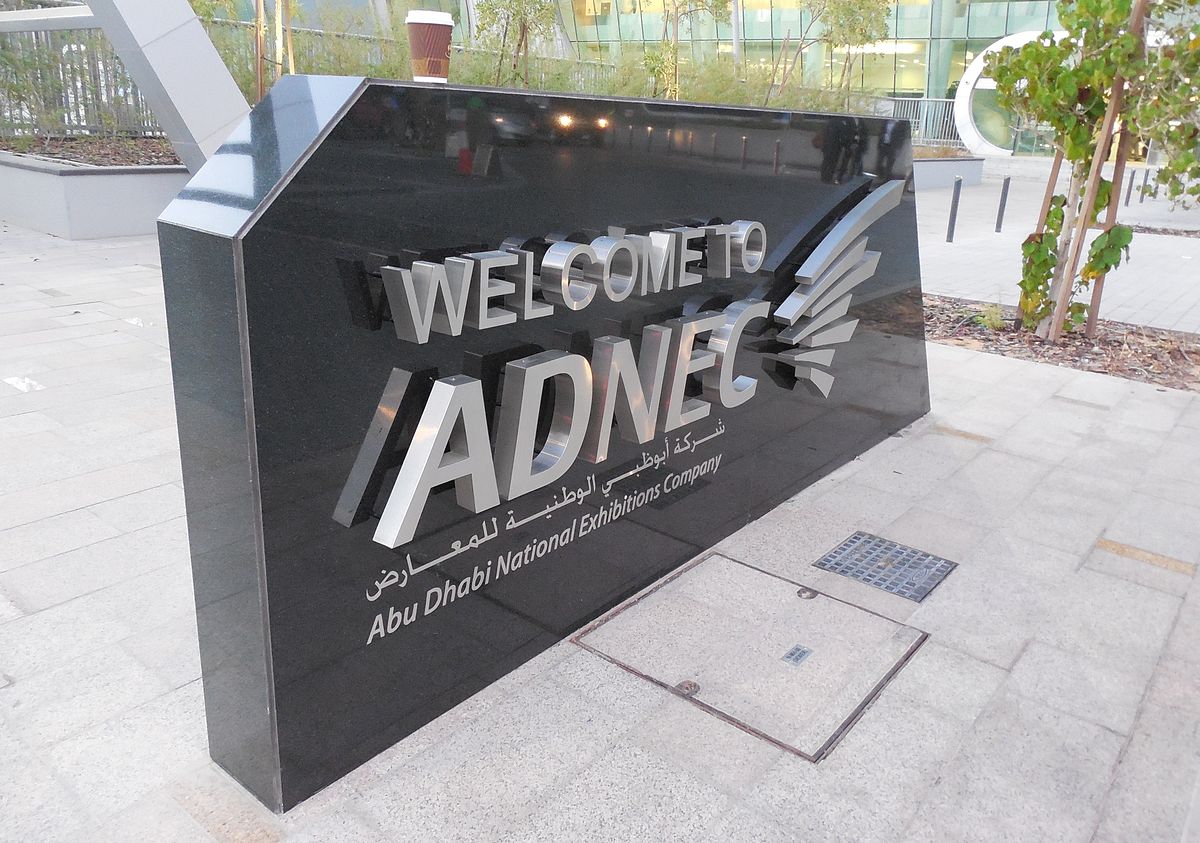A Visionary Leader in AI and Digital Innovation
Championing Digital Transformation and Ethical AI
Saeed Dhaheri is a name synonymous with pioneering efforts in AI ethics and digital transformation. As a thought leader, UNESCO co-Chair, and public speaker, Saeed has been at the forefront of the AI revolution, advocating for responsible and ethical use of technology. His extensive contributions to the development of the UAE’s digital landscape have set a benchmark for innovation and responsible tech adoption. From leading the UAE’s national smart ID card project to advising on digital initiatives for federal and local government entities, Saeed’s influence is far-reaching. He has been a guiding force behind significant tech transformations, ensuring that these advancements align with the principles of ethical AI. His leadership extends beyond borders, having been invited to speak at prestigious platforms like the United Nations, the World Economic Forum, and leading universities worldwide. Saeed’s commitment to AI ethics and his ability to merge technology with a moral compass have made him a respected voice in the industry.
Insights into Saeed Dhaheri’s “Digital Nation”
Saeed Dhaheri co-authored the influential book, Digital Nation: How the UAE is Building a Future Based on Tech Innovation, which explores the UAE’s journey towards becoming a tech-driven society. The book delves into the strategic initiatives and policies that have propelled the UAE to the forefront of digital innovation, making it a model for other nations. Saeed’s insights highlight the importance of a cohesive digital strategy, where technology is not just an enabler but a transformative force. The book effectively captures the UAE’s vision of a digital future, emphasizing the role of agile policymaking in accelerating AI adoption. However, while the book provides a comprehensive overview of the UAE’s digital landscape, it occasionally leans heavily on the nation’s successes without deeply critiquing the challenges faced along the way. A more balanced perspective on the hurdles and potential pitfalls of rapid digital adoption would have offered a fuller picture. Nonetheless, Digital Nation is an essential read for those interested in understanding how nations can leverage technology for growth.
Exploring Saeed Dhaheri’s Approach to AI Ethics
AI Ethics and the Future of Work
Saeed Dhaheri’s writings, including his recent article in MIT Technology Review Arabia titled “Artificial Intelligence and the Specter of Job Threats: How Governments Adapt”, reflect his deep concern about the societal impacts of AI. In this piece, Saeed addresses the critical issue of automation and its potential to displace jobs. He thoughtfully examines how governments and companies must take proactive steps to reskill the workforce and implement policies that safeguard vulnerable populations from the disruptive impacts of AI. Saeed’s work underscores the importance of ethical considerations in AI deployment, urging policymakers to prioritize human welfare alongside technological progress. However, while his arguments are compelling, the article could benefit from a more nuanced exploration of the complexities involved in balancing technological advancement with job preservation. For instance, more case studies or empirical data illustrating successful implementations of these policies would add depth to his recommendations. Saeed’s perspective is invaluable, yet inviting him to expand on these points in a discussion could offer further clarity and practical insights.
Responsible AI Development: A Call for Global Standards
Another significant contribution from Saeed is his article, “How to Develop Responsible AI that Benefits Society”, also published in MIT Technology Review Arabia. Here, he delves into the challenges of AI governance and the need for a robust ethical framework to guide AI development. Saeed argues that both governments and private entities have a role in ensuring that AI systems are designed and deployed responsibly. He highlights the importance of establishing international standards that govern AI ethics, emphasizing that a global approach is necessary to mitigate risks and maximize benefits. Saeed’s advocacy for responsible AI is commendable, as it addresses a growing concern in the tech community. However, the article could delve deeper into the practical steps organizations can take to implement these ethical frameworks. While Saeed presents a strong case for the need for ethics in AI, readers might appreciate a more detailed roadmap or best practices to follow. It would be enlightening to have Saeed join us for a discussion to elaborate on these strategies and explore how his insights can be applied in real-world scenarios. But it would be only fair if we invite him to come for a discussion about his book and to discuss this critique.
Conclusion: Saeed Dhaheri’s Impact on AI and Ethical Innovation
Saeed Dhaheri’s work in AI ethics and digital transformation continues to shape the future of technology in the UAE and beyond. His dedication to ethical AI, combined with his leadership in digital policy, positions him as a vital advocate for responsible innovation. Saeed’s contributions extend beyond his writings; his influence is felt through his public speaking, advisory roles, and active participation in shaping digital policies. While his book and articles provide a strong foundation for understanding the intersection of technology and ethics, inviting him to further discuss these topics would offer additional depth and context. Saeed’s insights are crucial for anyone looking to navigate the complex landscape of AI and digital transformation with a focus on ethical considerations. His vision of a tech-enabled future, guided by ethical principles, serves as an inspiring model for others in the field.
—
#AIethics #DigitalTransformation #SaeedDhaheri #TechInnovation #EthicalAI #UAEtech #AIleadership #AIresponsibility










